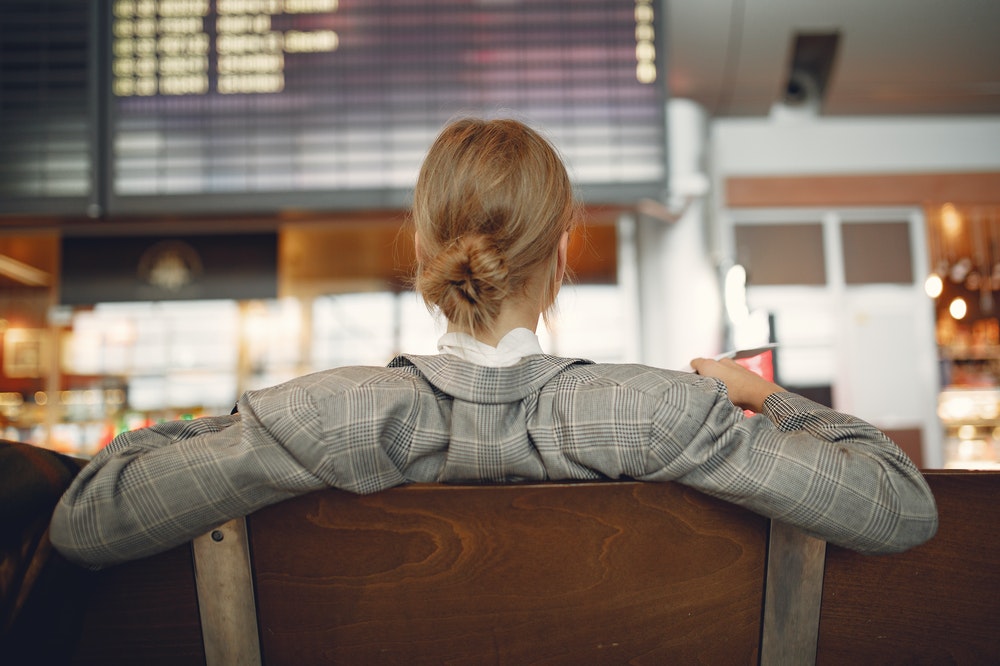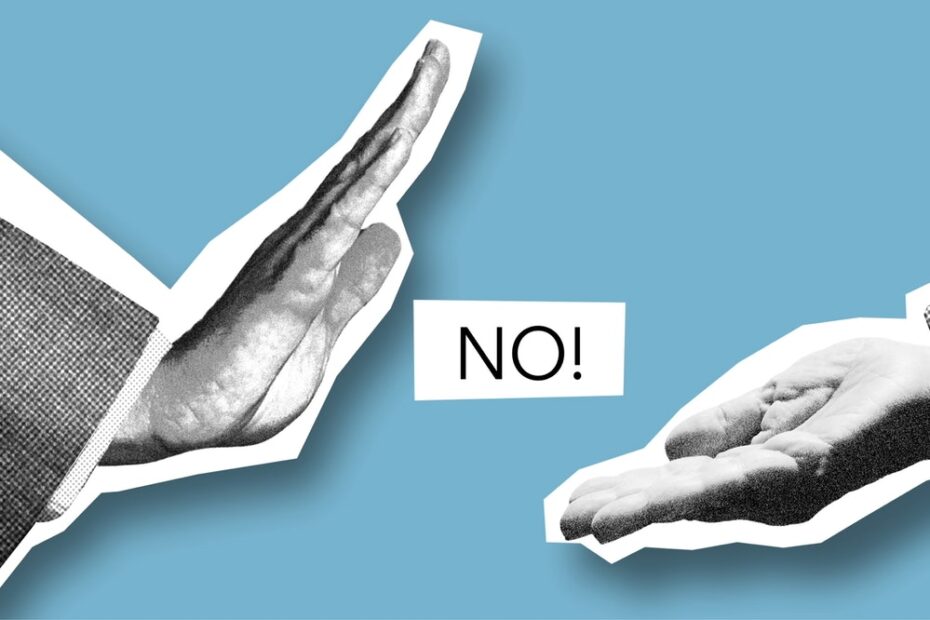Your Blue Air compensation claim is denied?
Is there a possibility of pursuing further action to secure flight compensation?
It can be frustrating when you’re trying to claim compensation from Blue Air by yourself, especially if you’re unsure if you’re eligible for compensation. What should you do next if your claim is rejected? Is it worth the effort to try again? The answer is definitely yes. It’s recommended to let a flight compensation firm handle your claim. However, there are also other options available.
You can continue to advocate for your rights independently.
Check your compensation online.
What to Do if Your Blue Air Compensation Claim Is Denied?
Your Blue Air compensation claim is denied. What is your next step?
Compensation from Blue Air can be obtained through other methods.
But first, before proceeding to the next step, take some time to understand the law and review your rights.
1. Collaborating With Flight Compensation Representatives
Choosing to collaborate with a flight compensation firm is the simplest solution.
Your task is simple: complete an online form, provide a photocopy of your boarding pass and passport, and sign the claim. Once you’ve done that, you can relax. The firm will take care of everything else. You won’t need to communicate with Blue Air anymore.
If there are any further questions that only you can answer, the compensation company will contact you. The only downside is the fee. Most flight compensation companies charge around 25-45% of the compensation amount.
Our partners provide these services.
Check your compensation online.
When choosing this option, here is all you will have to do:
And that’s it — the rest is handled by professionals.
* Your boarding pass and passport or ID copy.
What is the cost?
Usually, the fee amounts to around 25% to 45% of the compensation, with the remainder being directly deposited into your account. If there is no compensation, there will be no payment required. Many firms operate under a ‘no-win-no-fee’ structure, eliminating concerns about upfront expenses. Nevertheless, it’s vital to familiarize yourself with each company’s specific policy before proceeding with a claim.
Read more:
- How to Claim Blue Air Compensation?
- Your Blue Air Refund Is Taking Forever. What Can You Do About It?
2. Reaching Out to the NEB of the Country of Your Flight’s Departure
Teaming up with a flight compensation company isn’t the only option.
If you’ve already tried contacting the airline directly without success, the next step is to engage with the NEB (National Enforcement Bodies). It’s a free service, but please note that it may take some time. Unlike working with a flight compensation company, the process with NEBs typically takes at least 2 months to process your compensation request.
The major downside is that even if your request is approved, it doesn’t necessarily mean you’ll receive compensation. Blue Air may still reject the claim.
You can find a list of the National Enforcement Bodies here.
The National Enforcement Bodies assist passengers in the event of denied boarding, flight delay or cancellation, as well as enforce the regulation Regulation (EC) 261/2004 and make sure passengers are treated according to these rules.
3. Taking the Case to Court
Your Blue Air compensation claim is denied.
The next step is to take your case to court (i.e., you can take legal action).
It is typically recommended to anticipate a verdict from the NEB which favours your case. As this serves as a pivotal aid in your litigation against the airline (Blue Air being the subject here).
Certainly, this option is complex but highly effective. Before presenting your grievance to the court, it’s important to confirm the legitimacy of your claim. Review your rights and establish your line of reasoning. A careful analysis will ensure that pursuing the court proceeding is a viable choice. If you have an NEB verdict affirming your right to compensation, include it in your court documentation.
Bear in mind, that progressing with your complaint to court proceedings means expenses.

Extraordinary Circumstances
Frequently, airlines evade providing an accurate explanation for rejecting your claim.
What you are told is often too generic. They tend to label “everything” as an extraordinary circumstance.
The reason is straightforward: compensations lead to losses for the company. Because of this, airlines often try to avoid providing compensation. It’s widely known that passengers are often unaware of their rights, and airlines take advantage of this. So, the next time you encounter this term, be sceptical.
According to EU regulation 261/2004, airlines are exempt from issuing flight compensation when the disruption is a result of extraordinary circumstances. These include severe weather conditions, airport staff strikes (but not airline staff strikes!), and concealed manufacturing defects. Yes, only concealed manufacturing defects are regarded as extraordinary circumstances. The majority of technical problems fall under the airline’s responsibility.
Also severe weather is not always considered an extraordinary circumstance. If the weather can be accurately predicted, such as snow during winter (unless snowfall is rare in the region), the airline is expected to take appropriate measures to ensure the flight operates on time.
Determine the true cause of the delay or cancellation.
This is of significance.
Check your compensation online.

When Blue Air Must Pay Flight Compensation?
Blue Air is legally required to compensate affected passengers in various situations. These include flight delays, cancellations, and instances of denied boarding due to overbooking.
1. Flight Delays
As per EU regulation 261/2004, passengers are eligible for compensation when their flight reaches the destination with a delay of more than three hours (due to the airline’s fault).
The monetary amount of the compensation is based on the duration of the delay and the flight’s distance. For instance, if your flight between London and Paris, a journey of less than 1,500km, is delayed by four hours, you are owed €250 in compensation.
Find out more: Blue Air Flight Delay Compensation
2. Flight Cancellations
Compensation is due when a flight is cancelled and passengers are not informed at least two weeks in advance. Also, the cancellation must be due to the airline’s fault.
The compensation amount depends on the flight distance and the delay in reaching your destination. For instance, if your flight from Warsaw to New York, a journey of over 3,500km, gets cancelled without adequate notice (at least 14 days in advance) and you arrive at your final destination more than four hours late on an alternative flight, you are entitled to €600 in compensation.
You may also opt for a full Blue Air refund, instead of an alternative flight.
Find out more: Blue Air Flight Cancellation Compensation
3. Denied Boarding Due to Overbooking
Airlines often overbook flights anticipating some passengers won’t make it.
If you are denied boarding due to overbooking and you didn’t voluntarily surrender your seat, you are eligible for compensation.
The compensation sum relies on the flight’s distance. Suppose you are taking a flight from Warsaw to Madrid, a route between 1,500km and 3,500km, and you are denied boarding due to overbooking. If you arrive at your final destination with more than three hours delay, you are due €400 in compensation.
Find out more: Blue Air Denied Boarding Compensation
What is your experience with Blue Air compensation claims? Do you have a first-hand experience of denied Blue Air compensation claim? Did you take the case to NEB or court?
